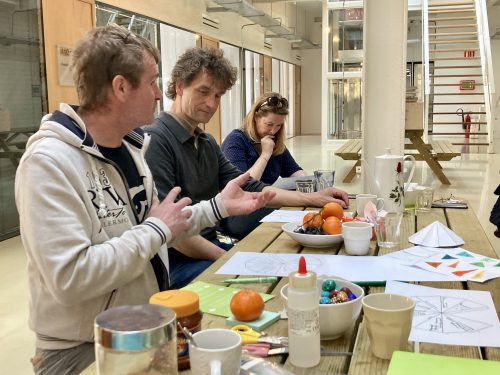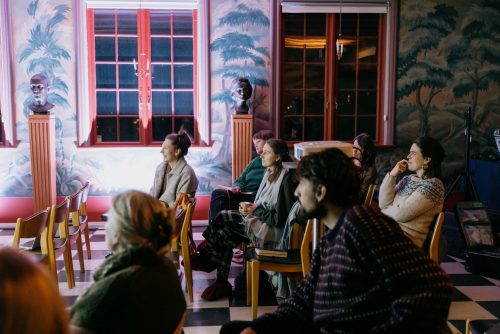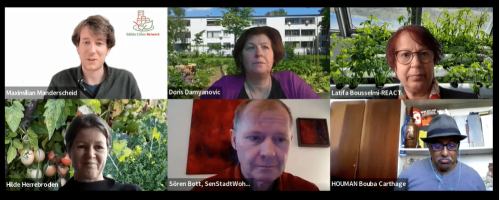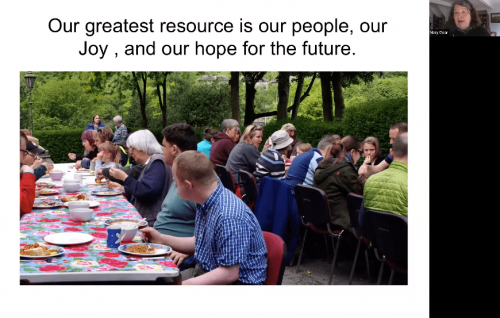Making Values Visible: Diamond Workshop in Rotterdam
Experiencing and enjoying nature, human connection, education, biodiversity, stress reduction, clean air, delicious food… How do we make the complex set of values visible that green initiatives create?
This is what we did in our most recent EdiCitNet workshop in Rotterdam. On Tuesday, March 23, seven representatives from different local initiatives in Rotterdam came together at the Fabriek van Delfshaven for a workshop using the Diamond Model. Ranging from a community park to allotment gardens and from peri-urban agriculture to a social green route, the set of values created by each initiative is as diverse as the perspectives each participant has on their initiative.
(De Stad Uit https://www.destaduit.nl/, Essenburgpark https://www.essenburgpark.nl/, Groene Oase op Zuid https://www.degroeneoaseopzuid.nl/, Groene Connectie https://degroeneconnectie.nl/, Herenboeren https://www.herenboeren.nl/, Voedseltuin https://voedseltuin.com/, Volkstuinvereniging Blijdorp https://www.vtvblijdorp.nl/)
Is it possible to even compare those values? Does the value lie in the eye of the stakeholder or the participant? And how can we use these valuable insights to sustain and strengthen our initiatives?

For now, the Diamond gave us insight in the strongest values per initiative. We discussed each other’s strengths and how to ‘utilize’ these for the best.
We are looking forward to the next workshop in April – details will follow!
The workshop was initiated by the local working group “Visibility and Values” of green initiatives with Nienke Bouwhuis (Groen010/Groene Connectie), Paul De Graaf (Groen010/Coöperatie Ondergrond) and Alice Bischof (Wageningen University) who organized the workshop together.




